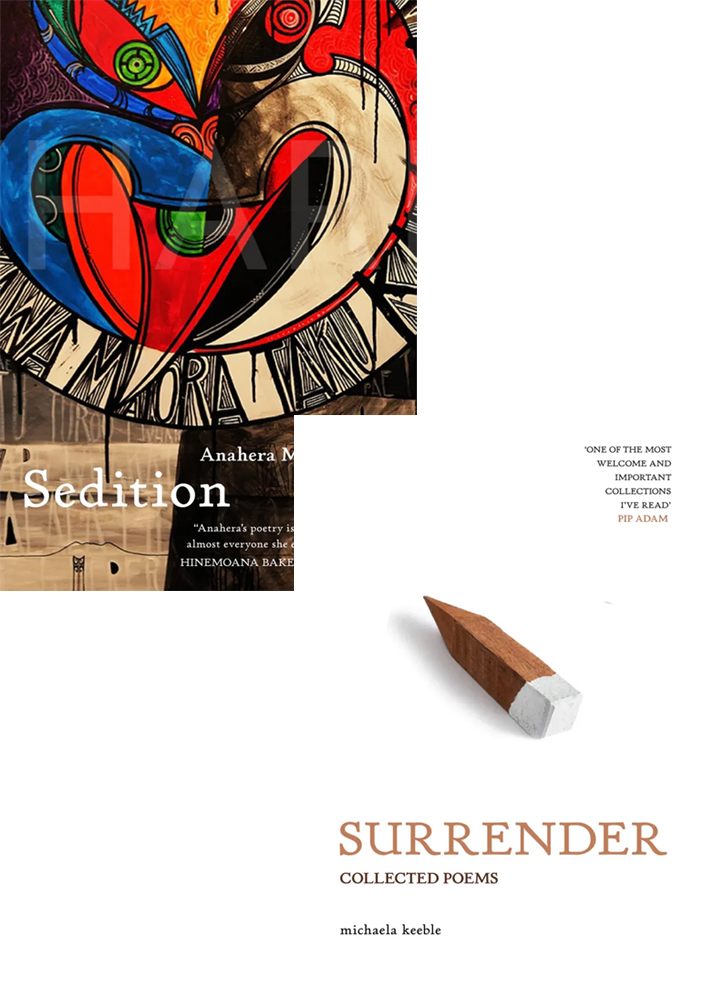Scanning the Horizon
Mark Miller was born in Warren in western New South Wales. He attended school in Orange before graduating with an Honours degree in English Literature at the University of New England in Armidale. His first book of poems, Conversing With Stones, won the Fellowship of Australian Writers Anne Elder Award in 1989 and his second, This Winter Beach, was published in 1999. Scanning the Horizon is Mark's third collection, featuring many poems which have won national awards, including the Henry Lawson Open Poetry Prize (2015, 2018), the Rolf Boldrewood Open Poetry Prize (2008, 2016), the Queensland Fellowship of Australian Writers Poetry Prize (2008, 2015) and the Vera Newsom Poetry Prize (2009).
Scanning the Horizon is written in two parts: 'Approachings' and 'Scanning the Horizon'. Its cover features The Road to Berry by the Australian landscape painter Lloyd Frederic Rees (17 March 1895 – 2 December 1988). Berry is a town on the south coast of New South Wales. Most of Rees's works are preoccupied with depicting the effects of light and emphasis is placed on the harmony between humans and nature. Rees’s painting complements Miller’s themes of place and identity.
Miller’s poem 'Scanning the Horizon' references Rees’s painting:
I drive the back road from Shoalhaven Heads to Berry, winding past Seven Mile Winery, the bronze-yellow scarring the ocean’s line of horizon,
The collection opens with the poem 'This Estuary'. It invites us on a journey of exploration and discovery; of rivers, seas, drought and fire.
This morning the mist comes apart before me, like fabric; like ashes –
Scanning the Horizon includes a number of haiku. The final poem in the collection: 'Haiku Sequence: In the Zen Garden' demonstrates the transience of life:
In the Zen Garden this falling cherry petal this moment passing
Miller’s subject matter and inspiration are steeped in landscape; its moods and elements, the rhythms of the seasons and weather. In 'Haven' he writes the landscape as sanctuary and retreat:
Five o’clock on this pewter morning I take the winding track
And
here, nothing else matters but the sound of my own breathing
Written with detail and spare, precise imagery, poems in Scanning the Horizon are acute observations of the natural world, especially the Shoalhaven district of the south coast of New South Wales. They are also of loss and ageing, celebrations of family and of human interaction with nature. In 'Returning Home', a worker walks the familiar path home;
I am coming home to the shrill call of birds skittering in smudges of dull brush;
The poem Somewhere in Central Australia, recalls the Australian Government allowing British scientists to explode atomic bombs in the central Australian desert near Maralinga between 1952–1956. A Royal Commission thirty years later found that safety standards for Aboriginal peoples there had been inadequate.
Rattling, shaking through dust in the old truck- in the back with empty petrol barrels two Aborigines a young mother and her daughter crying scratching the red welts of her skin.
The collection includes poems based on personal memory, of parents, childhood and a tribute to the Australian poet Dorothy Hewett 1923 – 2002. Miller's poem 'The Return' (after Dorothy Hewett) is a reflection of her poem 'Summer'. Both poems trace early family life; daily comings and goings. It is poetry of meditation of the living world and of connection to the earth.
I will walk up the moonlit path between the peppermint bushes to the little weatherboard house with the rusty windows facing the bay (Hewett) I’ll walk through the open door without knocking, there’ll be two boys in shorts lying on the lounge room floor, listening to the radio (Miller)
These poems are narrative journeys; reminiscing on place and time. Mark Miller is a poet of the geographic and spiritual landscape.
Mark Miller, Scanning the Horizon. Port Adelaide: Ginninderra Press, 2018. ISBN: 9781760416379





